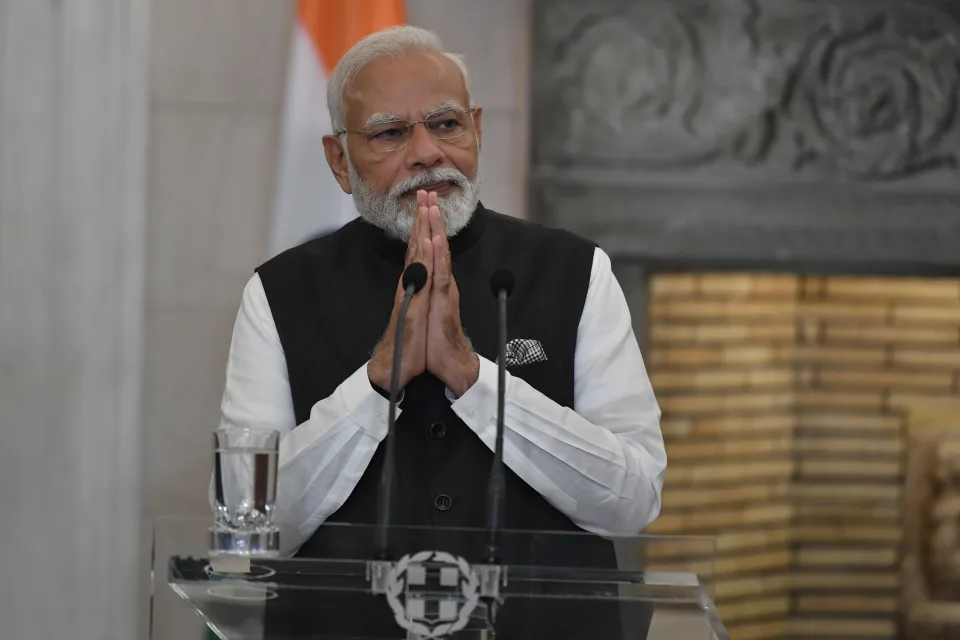At the recent G20 summit, Indian Prime Minister Narendra Modi expressed his approval in establishing comprehensive global regulations for cryptocurrencies. Modi’s emphasis on embracing technological progress and adopting a unified approach signals a potential shift in India’s stance towards cryptocurrency.
Modi Shares Forward-Thinking Perspectives
Modi drew parallels with the aviation industry’s global standards to stress the importance of tech. Thus he proposed a consensus-based model for cryptocurrencies. If approved, it could mark a pivotal moment for India, particularly given its previous reservations concerning cryptocurrencies, notably within its banking sector.
His statements echo his commitment to rationalizing the entire cryptocurrency landscape. While the country’s central bank had previously shown resistance, this potential shift could prove to be transformative and deserves careful observation.
Modi’s optimism about cryptocurrencies and artificial intelligence aligns with his global counterparts, raising concerns in countries like China, which banned cryptocurrency mining in 2021.
Recent Developments and the Path Forward
Despite this optimism, India recently issued a “Presidential Note” aimed at establishing a global framework for cryptocurrency assets. In July, the Financial Stability Board (FSB) introduced guidelines for a global regulatory framework.
Additionally, in April, G20 finance ministers and central bank governors reiterated the importance of global policy responses. It was clear that there is a need to avoid confining cryptocurrency regulation to a single region.
Brian Armstrong, CEO of a cryptocurrency exchange, revealed that Coinbase suspended its services in India last year due to “informal pressure” from the Reserve Bank of India, responding to regulatory concerns.
India’s potential willingness to embrace cryptocurrencies signifies innovative progress in its financial landscape. But it must tread unknown waters cautiously as it takes the path forward.

